feature film - in production
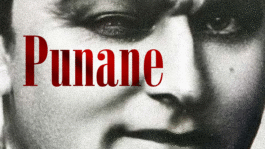
On November 29, 1946, the Prime Minister of the Estonian SSR, Johannes Vares Barbarus, is found dead in his apartment in Kadriorg. He has shot himself in the head. In his pocket is a farewell letter to his beloved Siuts, signed “from Poisu.” Only Siuts calls Barbarus “Poisu.”
In the 1930s, Poisu and Siuts live happily in Pärnu. Doctor Barbarus is one of the wealthiest men in Pärnu, and Siuts can order her dresses from Paris. But Siuts is not happy—she wants to leave, though she doesn’t know where to. Poisu is always working—by day as a doctor, by night writing poetry.
As a poet, he isn’t very well known; besides, Pärnu is considered a cultural backwater. Siuts doesn’t have to lift a finger. All worries are handled by the maid, Hilda. Poisu’s best friend is Asm, or Johannes Semper, who, like Poisu, is a passionate Francophile. He lives with his wife Aurora in Tartu and is the editor-in-chief of the literary magazine Looming. The Semper family visits Pärnu, spending their time walking and gossiping about Estonian literary life. Poisu shows off his new telephone—except no one calls. It’s the only telephone in Pärnu.
One day, the phone rings! It’s TASS correspondent Izmestyev. Izmestyev and Poisu meet by the blue sea in Greece, where Izmestyev offers Poisu fame and honor in Russia. And Siuts could finally get out of Pärnu! At first, the Russians ask for nothing in return.
In 1940, Izmestyev calls again—there is no way back now. Poisu and Siuts move to Tallinn. Poisu becomes the Prime Minister of the Estonian SSR, Estonia joins the Soviet Union and loses its independence. Poisu is naive—he never imagines things could go so wrong. At first, Siuts enjoys life on Toompea; why not join the Communist Party? Only Hilda senses trouble.
After the war, the Russians no longer need Poisu. His friends are killed or sent to Siberia. The happiness between Siuts and Poisu is gone, the love is gone, their nerves are frayed—they only argue, and Hilda weeps. Poisu is found dead in the bathroom. Whether he took his own life or was killed by the Russians, we will never know. Siuts poisons herself, and Hilda is advised to disappear. As if she had never existed. As if none of the three had ever existed.
Director: Mart Kivastik
Cinematographer: Rein Kotov
Costume Designer: Anu Lensment
Make-up Artist: Anu Konze
Johannes Vares-Barbarus: Indrek Ojari
Siuts: Ester Kuntu
Hilda: Tiina Mälberg

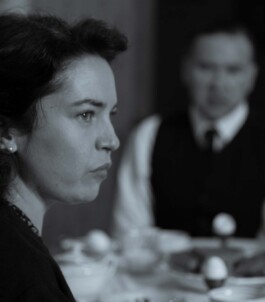
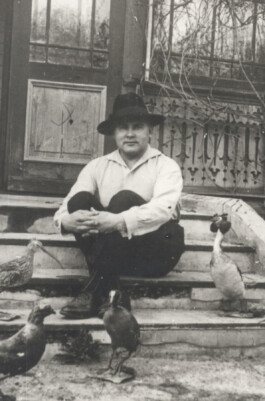
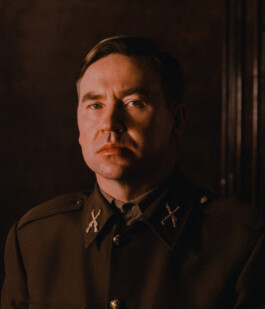
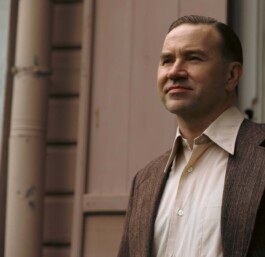
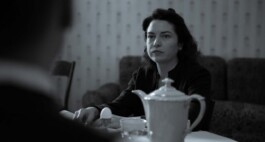
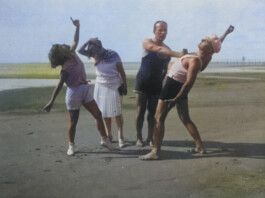
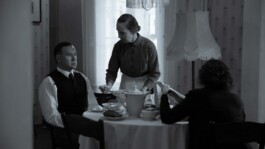
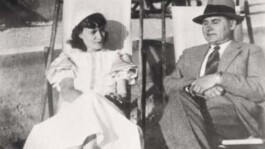
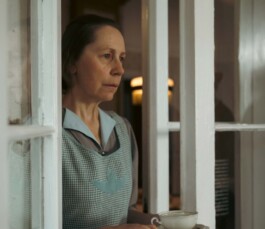
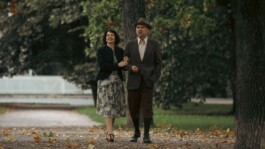
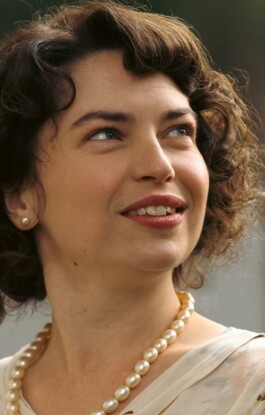
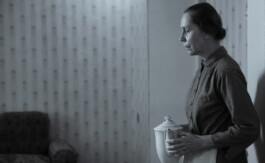
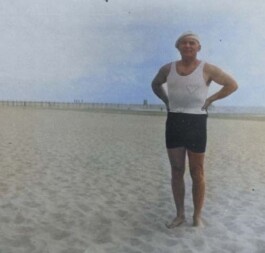


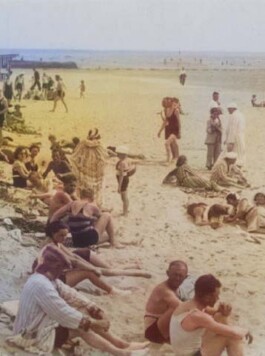
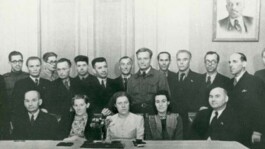
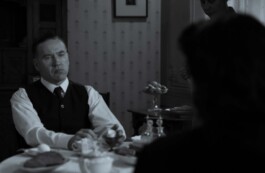
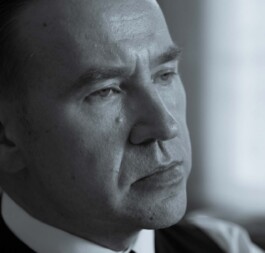

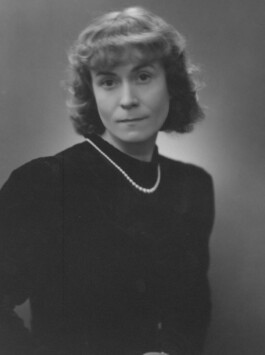
feature film - in production

On November 29, 1946, the Prime Minister of the Estonian SSR, Johannes Vares Barbarus, is found dead in his apartment in Kadriorg. He has shot himself in the head. In his pocket is a farewell letter to his beloved Siuts, signed “from Poisu.” Only Siuts calls Barbarus “Poisu.”
In the 1930s, Poisu and Siuts live happily in Pärnu. Doctor Barbarus is one of the wealthiest men in Pärnu, and Siuts can order her dresses from Paris. But Siuts is not happy—she wants to leave, though she doesn’t know where to. Poisu is always working—by day as a doctor, by night writing poetry.
As a poet, he isn’t very well known; besides, Pärnu is considered a cultural backwater. Siuts doesn’t have to lift a finger. All worries are handled by the maid, Hilda. Poisu’s best friend is Asm, or Johannes Semper, who, like Poisu, is a passionate Francophile. He lives with his wife Aurora in Tartu and is the editor-in-chief of the literary magazine Looming. The Semper family visits Pärnu, spending their time walking and gossiping about Estonian literary life. Poisu shows off his new telephone—except no one calls. It’s the only telephone in Pärnu.
One day, the phone rings! It’s TASS correspondent Izmestyev. Izmestyev and Poisu meet by the blue sea in Greece, where Izmestyev offers Poisu fame and honor in Russia. And Siuts could finally get out of Pärnu! At first, the Russians ask for nothing in return.
In 1940, Izmestyev calls again—there is no way back now. Poisu and Siuts move to Tallinn. Poisu becomes the Prime Minister of the Estonian SSR, Estonia joins the Soviet Union and loses its independence. Poisu is naive—he never imagines things could go so wrong. At first, Siuts enjoys life on Toompea; why not join the Communist Party? Only Hilda senses trouble.
After the war, the Russians no longer need Poisu. His friends are killed or sent to Siberia. The happiness between Siuts and Poisu is gone, the love is gone, their nerves are frayed—they only argue, and Hilda weeps. Poisu is found dead in the bathroom. Whether he took his own life or was killed by the Russians, we will never know. Siuts poisons herself, and Hilda is advised to disappear. As if she had never existed. As if none of the three had ever existed.
Director: Mart Kivastik
Cinematographer: Rein Kotov
Costume Designer: Anu Lensment
Make-up Artist: Anu Konze
Johannes Vares-Barbarus: Indrek Ojari
Siuts: Ester Kuntu
Hilda: Tiina Mälberg






















Next: →
© Kopli Kinokompanii
Ph: +372 5562 2041
E-mail: anneli@kinokompanii.ee